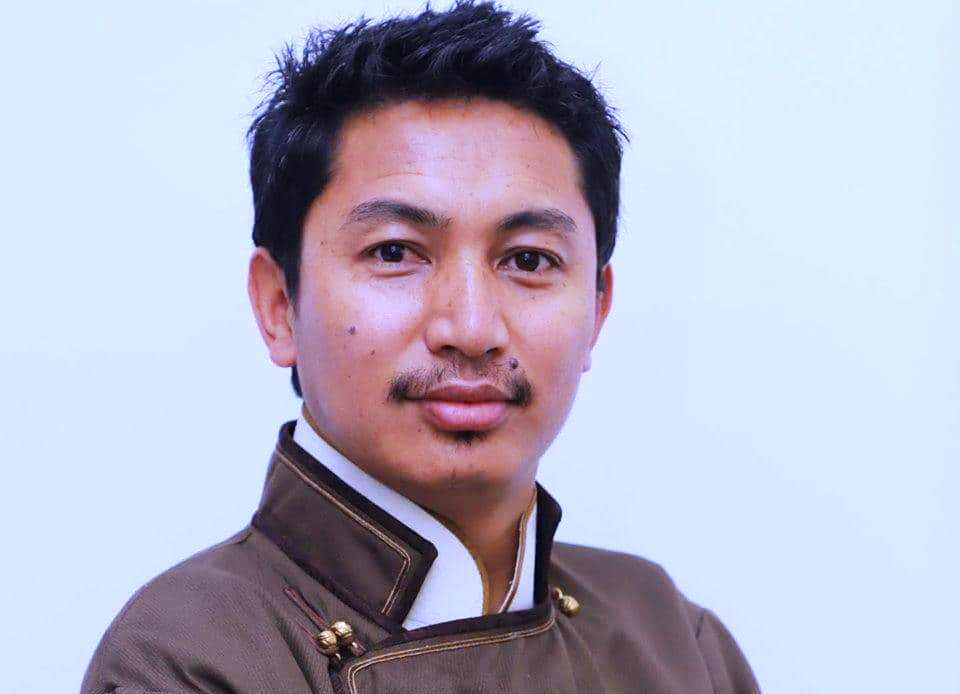A day after the government and the opposition offered rival versions of the process for setting up SVC, the newspapers carried the names of the panel – Khuda as CVC, retired IAS officers M Sayeed Khan and R K Jeerath a members. The file had moved to Governor N N Vohra. In the afternoon, another development took place. This time, the theatre shifted to Jammu where the acting chief justice Mr Justice Vrinder Singh read out the verdict on the triple murder case. The petition filed by widows Nazira Begum and Shaheena Begum, wives of victims Fazal Hussain Dar and Muhammad Hussain was dismissed.

The details of the verdict were disseminated, for the first time by the official spokesman saying the petitioners were seeking re-opening of case FIR NO: 7/1996 (police station Bhadarwah) trial of which had been conducted and concluded with the acquittal of accused in November 1999. While dismissing the petition, the official statement said, the High Court observed that the local police had registered the case and conducted the investigation with utmost promptitude.
“All the important and key witnesses were examined and as such no faults can be found with the investigation,” it said. The court, it added, further held that trial was also conducted in a proper manner and as such the same cannot be labeled as mock trial. The petitioners, according to court observations, had failed to take recourse to the efficacious alternative remedies available to them under CRPC and have even failed to assail the judgment of acquittal recorded by trial court on November 8, 1999 in appropriate proceeding before the high court.
The verdict came after advocate general Isaq Qadri argued on behalf of the state on May 25. He argued that finding of a criminal court cannot be challenged in a writ. “It is to be challenged as per criminal procedure code by way of a criminal appeal which has not been done from 1999 till date when session’s judge had acquitted the accused persons. Therefore in terms of sub clause 2 of Article 20 and section of 403 of CrPC there cannot be another trial which means the petition was misconceived,” Qadri said in his written submissions. Besides, he argued that petitioners seeking permission for reinvestigation cannot get it from the High Court.
Qadri also informed the court that widow petitioners were prosecution witnesses but they neither supported prosecution case nor sought any permission from the trial court for further investigation. After remaining content with the trial court verdict, they want reopening of the case after 13 years.
Khurram Parvez, the coordinator at JKCCS Counsel reacted to the verdict. Accusing Omar Abdullah government of showing indifference toward cases of human rights violations because the dismissal of the petition was based on the objections that the state government filed, it said the group will approach the apex court on the triple murder case. Families that waited for justice for 16 years, JKCCS said, are further disappointed after watching the proceedings. At every step, after filing the petition, they “witnessed a judicial process that they may well perceive as being against the interests of justice.” It gave a set of reasons to bring home its point.
Firstly, the judge chose to invite the advocate general to “assist” the bench instead of issuing notices. Secondly, the advocate general despite agreeing to submit the complete Crime Branch records did not do so for eight months. Third, the
Chief Justice admitted a transfer petition filed by Ashraf, despite him not yet being a party to the proceedings. On April 16, 2012 the acting chief justice accepted the transfer petition, despite the Chief Justice having earlier allowed the petition to be heard in Srinagar, and despite the petitioners strongly objecting to the transfer of the case to Jammu, the statement said.
Fourth, the matter, listed as part-heard, was taken up within four days thereby effectively precluding the petitioners counsel from appearing in the matter in Jammu. Fifth, the matter was adjourned to May 25, 2012 but was not taken up. But, we are informed, the JKCCS said that on May 25, 2012 the advocate general filed written objections to the petition and submitted the records that the court had sought eight months earlier. The petitioners, nor their counsel, were informed or provided the documents. Finally, the petition was dismissed this morning without providing the petitioners or their counsel an opportunity to be heard.















